________________________________________________________________________________
Compact Track Loaders / John Deere Compact Track Loaders / John Deere CT322John Deere CT322 Track Loader Troubleshooting
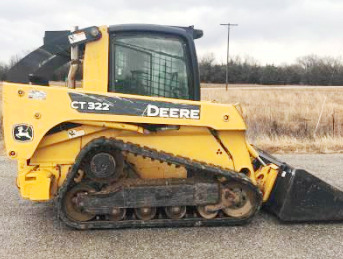
The John Deere CT322 compact track loader driveline system components: a 149.1 cu.in (2.4L) JD PowerTech 4024T 4-cylinder turbo diesel engine with a rated power of 62 hp (46.2 kW), and 1-speed or 2-speed hydro transmission. The hydraulic system has a pump with a rated flow of 19 gpm 71 lpm). The system pressure is 3450 psi (238 bar). The John Deere CT322 is equipped with vertical-lift loader boom, wet-disc brakes, and 12.6" (320 mm) or 15.8" (400 mm) rubber tracks. The loader has a boom lift force of 3410 lbs (1548 kg) and bucket breakout force of 6050 lbs (2747 kg). The rated operating capacity is 2200 lbs (1000 kg), and tipping load is 6400 lbs (2906 kg).
Engine Troubleshooting
Engine hard to start or will not start
Air in fuel system - Bleed fuel system.
Fuel filter element clogging - Service the filter.
Fuel injection nozzles are clogged or faulty - Change fuel injection nozzles.
Water or dirt in fuel system - Drain, flush, and service the system.
Valve out of adjustment - Adjust valve clearance according to specifications.
Fuel injection pump is broken - Rebuild or replace pump.
Diesel starts and stalls immediately
Clogged air filter - Change or service air filter element.
Dirty fuel filter - Clean or change the filter.
Fuel injection pump is leaking - Repair any leaks.
Defective or clogged fuel injectors - Replace fuel injectors.
Fuel injection pump malfunction - Change or repair the pump.
Engine shuts off suddenly while running
Engine is cold - Warm up engine as required.
Fuel filter element is dirty - Service or replace the filter.
Air in the fuel pipes - Bleed the fuel pipes.
Faulty or dirty injection nozzles - Install a new kit of correctly balanced nozzles.
Wrong setting of fuel injection pump timing - Set up as recommended.
Engine stops at low idle speed
Incorrectly adjusted low idle speed - Test and adjust.
Fuel injection pump damage - Rebuild or replace pump.
Dirty or defective injectors - Inspect fuel injectors and change as required.
Incorrect valve clearance - Adjust valve clearance.
Engine power is insufficient
Air cleaner is clogged - Service or replace air cleaner.
Faulty fuel injection nozzles - Clean or change injection nozzles.
Incorrect fuel injection pressure - Adjust to proper pressure.
Excessive valve clearance - Check and adjust.
Low idle speed set incorrectly - Correct low idle adjustment.
Fuel hoses or lines are dirty - Fuel lines and hoses need to be cleaned.
Blown cylinder head gasket - Install a new gasket.
Worn or broken piston rings - Replace piston rings.
Engine is overheated
Engine coolant is insufficient - Fill the cooling system and check components for leaks or other faults.
Not enough engine oil - Fill the crankcase with engine oil.
Clogged radiator fins or leaking radiator cap - Clean radiator or change cap.
Loose or defective fan belt - Change the fan belt.
Engine is overloaded - Load reducing is recommended.
Low oil pressure
Engine oil insufficient - Check and refill the oil.
Dirty oil filter - Replace or service engine oil filter.
Wrong oil viscosity - Use correct viscosity oil.
Excessive crankshaft bearing oil clearance - Bearing replacement required.
Oil pump is worn or damaged - Install a new pump.
Engine knocks or noises
Low engine oil level - Fill up the oil to required level.
Engine is not preheated - Warm up the engine.
Improper setting of fuel injection pump timing - Set it up as required.
Low idle speed adjustment is incorrect - Adjust as required.
Clogged or defective injectors - Test and replace fuel injectors if necessary.
Connecting rod is defective or misaligned - Need to change or align the connecting rod.
Pistons are scored or worn - Pistons need to be replaced.
Machine is not moving forward or backward
Hydraulic oil is insufficient - Need to add oil.
Damaged or jammed undercarriage tracks - Fix jamming or repair tracks.
Relief valve is defective - Rebuild or install a new relief valve.
Clogged suction line or hydraulic filter - Service suction line or change hydraulic filter.
Foot or hand controls are defective - Inspect and repair if necessary.
Drive motor or pump failure - Repair or change faulty component.
Machine is not driving straight or driving is jerky
Track mechanism is jammed or defective - Fix jamming or repair tracks.
Tracks are loose or faulty - Adjust track tension as required or replace tracks.
Undercarriage track frame is plugged with dirt, debris, or foreign objects - Remove debris or foreign objects and clean track frame.
Loss of power
Clogged hydraulic oil filter - Replace or service hydraulic filter.
Opened or defective relief valve - Replace or close relief valve.
Faulty or damaged transmission components - Check and change defective components.
Damaged input drive shaft - Repair or replace faulty drive shaft.
Air in the hydraulic system - Bleed air from hydraulic system.
Drive system is overheated
Hydraulic fluid is insufficient - Fill the system to proper hydraulic fluid level.
Clogged hydraulic fluid filter - Change or clean hydraulic filter.
Worn or damaged relief valve - Relief valve need to be replaced or repair.
Drive pump or hydraulic motor malfunction - Replace or repair faulty component.
Clogged hydraulic oil cooler - Cooling fins need to be cleaned.
Transmission overloading - Load should be reduced.
Drive system makes excessive noise
Oil viscosity is wrong - Drain and refill with proper oil.
Air in hydraulic system - Bleed hydraulic system.
Damaged drive pump or hydraulic motor - Replace or repair faulty component.
Mechanical parts of drive system are defective or worn - Inspect drive system and replace faulty parts.
Hydraulic system is overheated
Hydraulic pressure is incorrect - Hydraulic pressure must be set correctly.
Main relief valve is damaged or adjusted improperly - Adjust relief valve or change if required.
Contaminated hydraulic oil - Hydraulic oil change required.
Not enough hydraulic fluid in the system - Add fluid to the hydraulic system.
Hydraulic pump is faulty - Install new pump or repair it.
Lift arm does not lower or raise
Lift controls malfunction - Inspect and repair if necessary.
Damaged hydraulic oil pump - Repair or change pump if required.
Hydraulic control valve malfunction - Change or repair hydraulic valve.
Damaged hydraulic cylinder - Change or repair lift cylinder.
Hydraulic fluid level low - Add fluid as required.
Bucket does not function
Defective bucket controls - Repair or replace.
Hydraulic pump not working - Change or repair hydraulic pump if required.
Defective hydraulic control valve - Repair or replace the valve.
Defective bucket cylinder - Repair or replace cylinder.
Hydraulic oil level low - Check and refill the hydraulic oil.
Boom or bucket moves slowly
Hydraulic pump is defective - Check pump capacity and change if necessary.
Hydraulic cylinder leaking - Cylinder seals need to be replaced.
Low hydraulic fluid level - Add fluid as required.
Defective or not adjusted hydraulic control valve - Set properly or repair.
Hydraulic pressure is low - Correct setting is required.
Bucket or boom is working jerkily
Hydraulic system is leaking air - Bleed air from hydraulic system.
Hydraulic oil filter element is dirty - Replace or clean the filter.
Hydraulic fluid is dirty - Hydraulic fluid change required.
Scratched cylinder rod or tube - Change failed component.
Hydraulic pump is excessively noisy
Lack of oil or hydraulic leakage - Top up hydraulic oil or remedy leakage in system.
Plugged hydraulic filter - Service or change hydraulic filter.
Dirty suction line - Clean suction line as required.
Air trapped in hydraulic pump - Bleed air.
Damaged pump parts - Rebuild or install new pump.
Battery does not charge
Wiring connections are corroded or loose - Tighten or service connections.
Battery terminal clamps are defective - Install new terminal clamps.
Battery is worn - Replace the battery.
Belt is defective or loose - Adjust belt tension or install a new belt.
Starter cranks slow
Low battery voltage - Recharge the battery.
Battery is not holding charge - Battery needs to be serviced or replaced.
Disconnected battery cables or bad terminals - Connect cables correctly or replace terminals.
Starter motor won't turn
Battery is drained or worn - Battery needs to be recharged or replaced.
Wire harness is disconnected or incorrectly connected - Check wire harness and connect as required.
Low battery output voltage - Battery is drained, recharge it.
Starter motor is faulty - Replace or repair starter.
________________________________________________________________________________
| BOBCAT SKID STEER AND COMPACT TRACK LOADERS |
________________________________________________________________________________________
________________________________________________________________________________________
________________________________________________________________________________________
| GEHL SKID STEER AND COMPACT TRACK LOADERS |
________________________________________________________________________________________
________________________________________________________________________________________
________________________________________________________________________________________
| CASE SKID STEER AND COMPACT TRACK LOADERS |
________________________________________________________________________________________
________________________________________________________________________________________
________________________________________________________________________________________
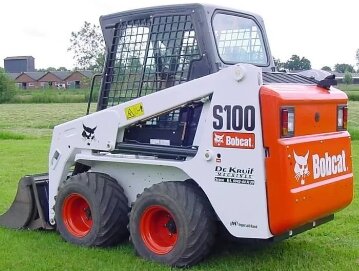 S100
S100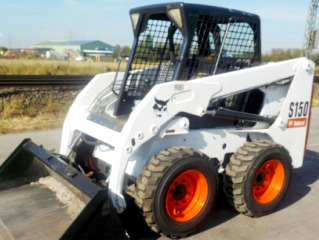 S150
S150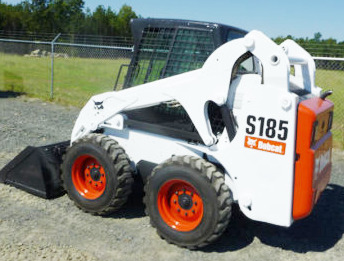 S185
S185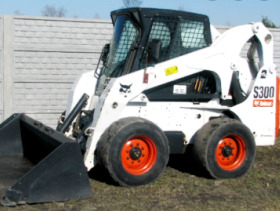 S300
S300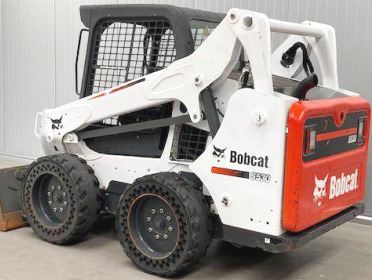 S530
S530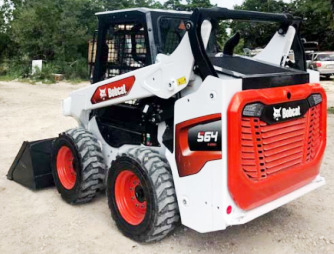 S64
S64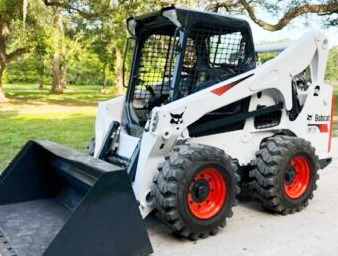 S740
S740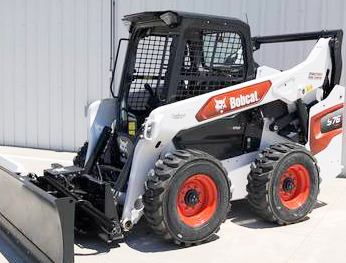 S76
S76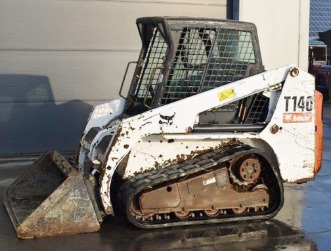 T140
T140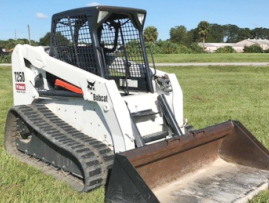 T250
T250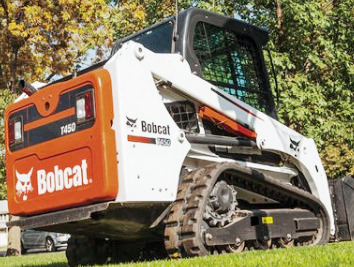 T450
T450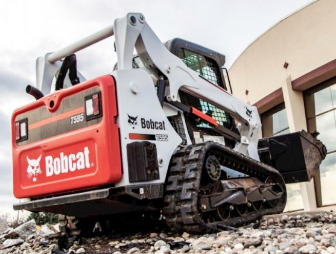 T595
T595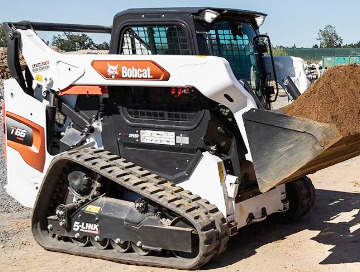 T66
T66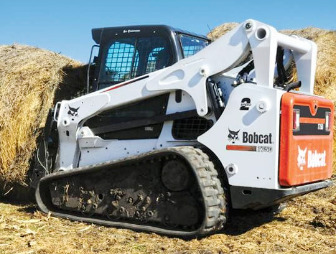 T750
T750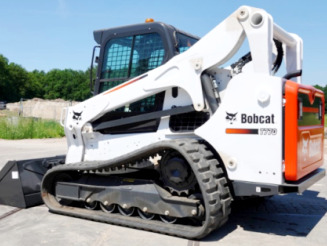 T770
T770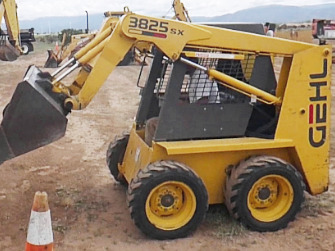 3825SX
3825SX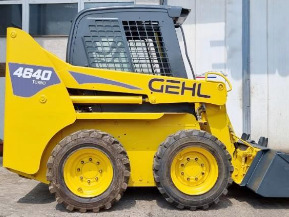 4640
4640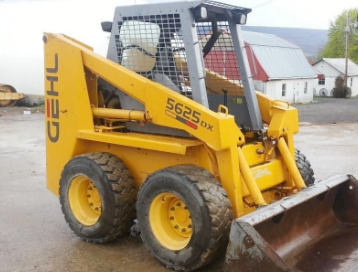 5625DX
5625DX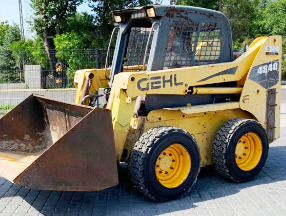 4840E
4840E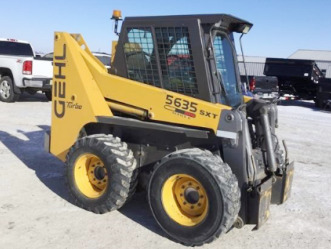 5635SXT
5635SXT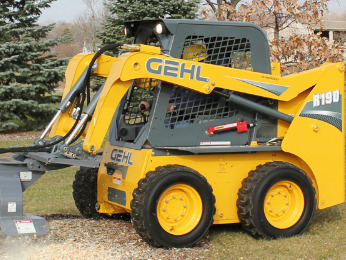 R190
R190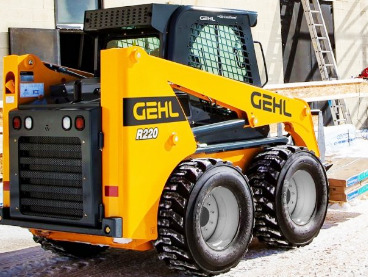 R220
R220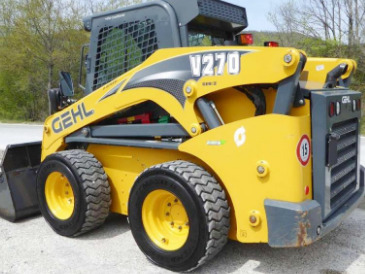 V270
V270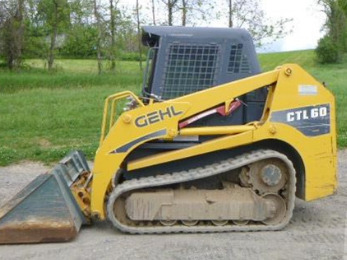 CTL60
CTL60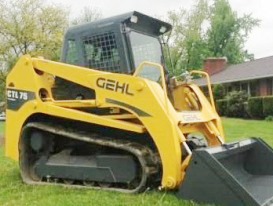 CTL75
CTL75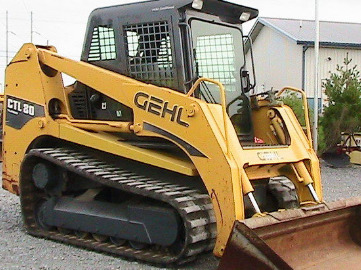 CTL80
CTL80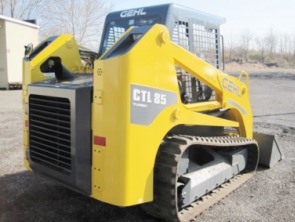 CTL85
CTL85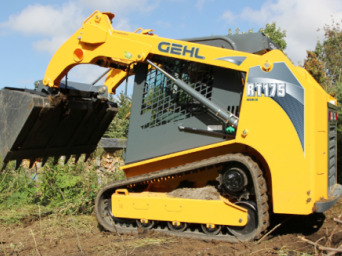 RT175
RT175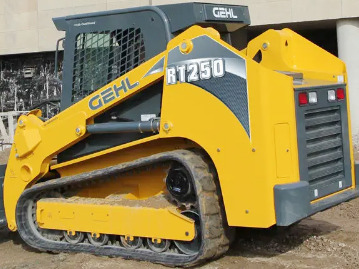 RT251
RT251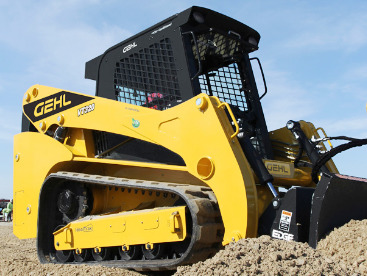 VT320
VT320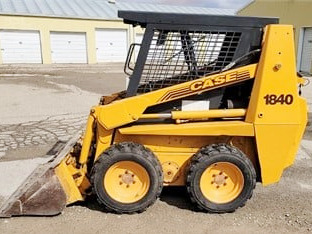 1840
1840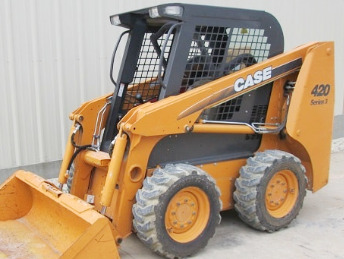 420
420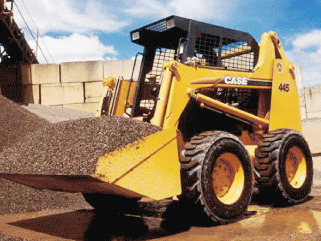 445
445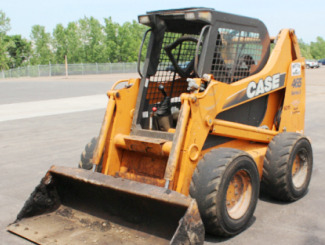 465
465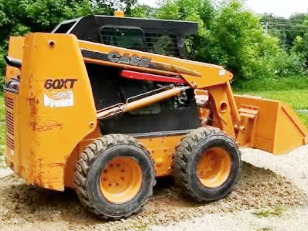 60XT
60XT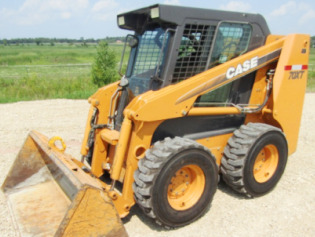 70XT
70XT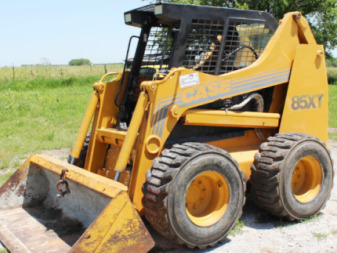 85XT
85XT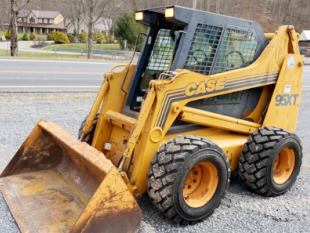 95XT
95XT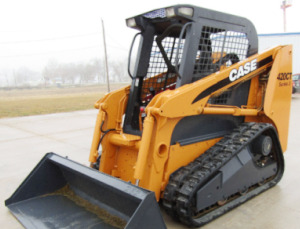 420CT
420CT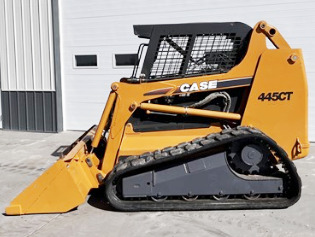 445CT
445CT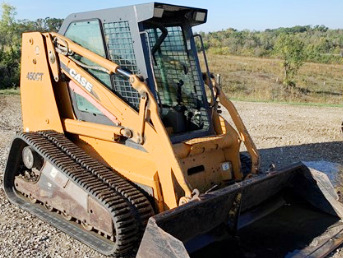 450CT
450CT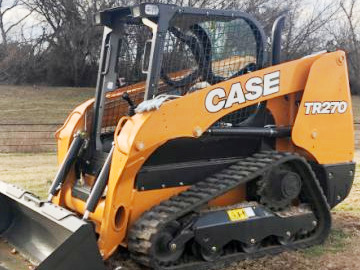 TR270
TR270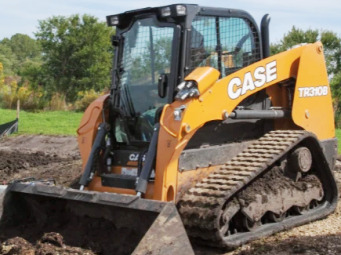 TR310B
TR310B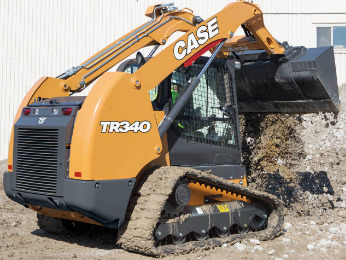 TR340
TR340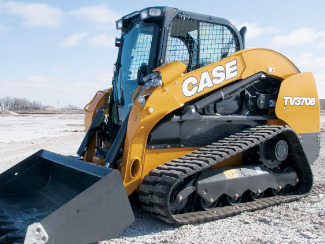 TV370B
TV370B